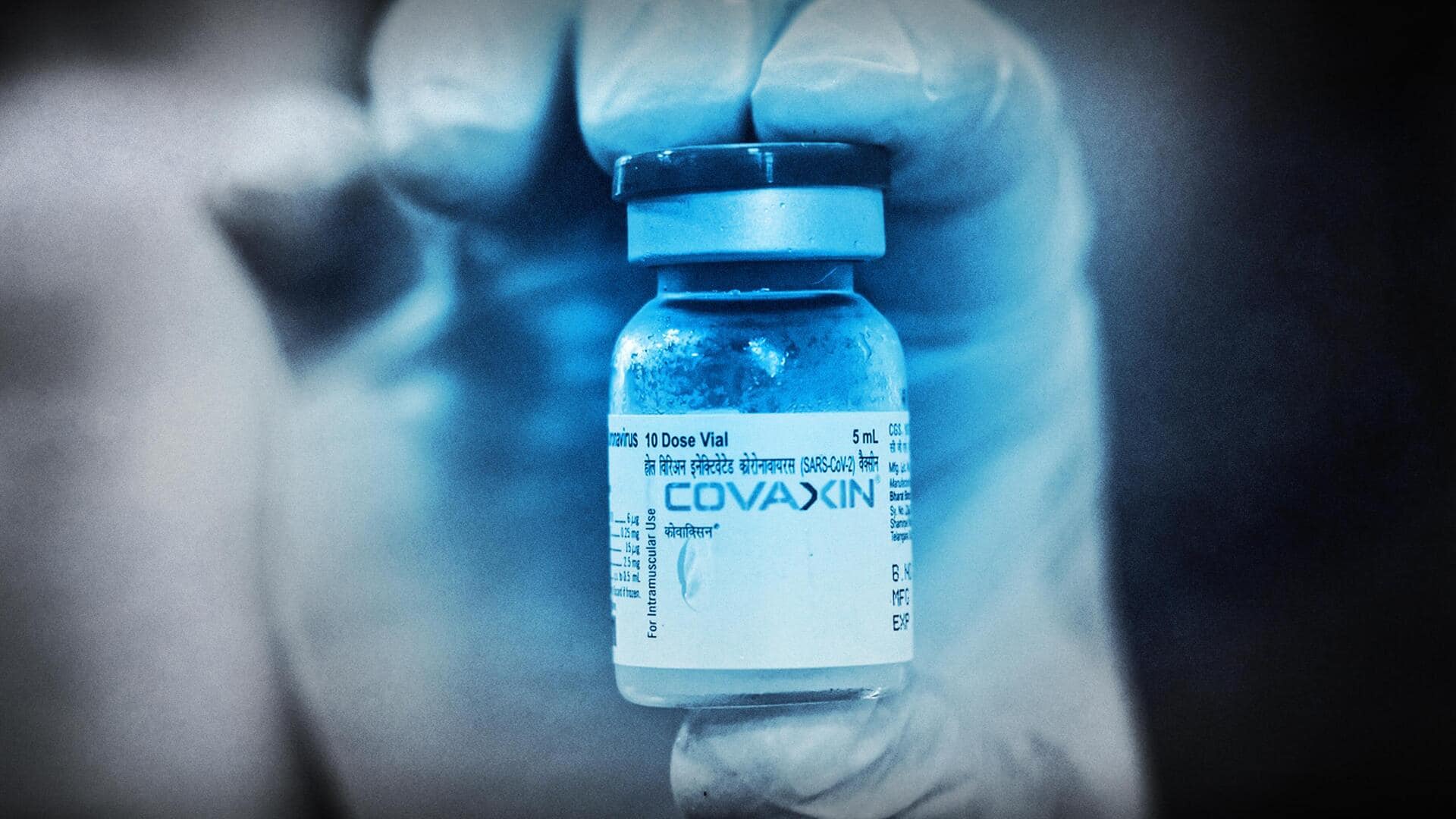
'Poor methodology': ICMR dissociates itself from Covaxin safety study
What's the story
The Indian Council of Medical Research has disassociated itself from a Covaxin vaccine study conducted by the Banaras Hindu University (BHU). The ICMR has asked the authors to remove its acknowledgment, clarifying that it did not provide any financial or technical support for the research. The study in question, "Long-Term Safety Analysis of the BBV152 Coronavirus Vaccine in Adolescents and Adults: Findings from a 1-Year Prospective Study in North India" was published in Drug Safety journal.
Flawed methodology
ICMR chief flags 'methodological flaws' in study
ICMR chief Rajiv Bahl has written a letter to the authors of the study and the journal, Springer Nature, requesting them to remove the ICMR's acknowledgment and publish an erratum. Bahl pointed out that the study was published with the ICMR's acknowledgment without seeking prior approval or informing the medical research body. He also talked about "methodological flaws" in the study, including a misalignment with "Adverse Events of Special Interest" standards referenced in the paper.
Study criticism
'Poorly designed study': ICMR
The BHU study reported long-term adverse events of "special interest" in over 900 people a year after they were vaccinated with Bharat Biotech's Covaxin. However, the ICMR has criticized it as a "poorly designed study" with critical flaws. According to the ICMR, these flaws include lack of a control group of unvaccinated people and failure to mention how frequently these adverse events were reported by the sample population, among others.
Adverse events
Study reports adverse events post-Covaxin vaccination
The ICRM also flagged "significant bias" introduced by data collection conducted via telephone a year after vaccination without verification through clinical records or physician examination. To recall, the BHU study claimed that over a one-year follow-up, more than 40% of participants reported upper respiratory tract infections not confirmed as COVID-19. It also reported new skin or under-skin disorders in 10.5% adolescents and nervous system disorders in 4.7%.
Data decoded
Findings of the report
Among adults, 5.8% reported musculoskeletal disorders and 5.5% nervous system disorders, the study said. About 4.6% of girls and women reported menstrual abnormalities while strokes were experienced by 0.3% participants and Guillain Barre syndrome — a rare disorder where the immune system starts attacking nerves — was reported by 0.1%.
Information
Side-effects after using Covisheild vaccine
This revelation comes on the heels of AstraZeneca admitting in court that its vaccine could cause rare blood clots and low blood platelet counts. Covishield, developed by AstraZeneca and Oxford University, was widely used during the COVID-19 pandemic, including in India where it was produced by the Serum Institute.